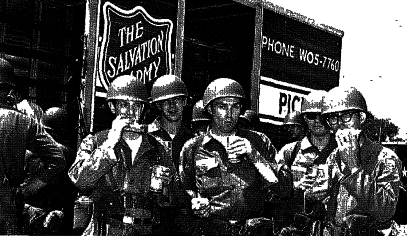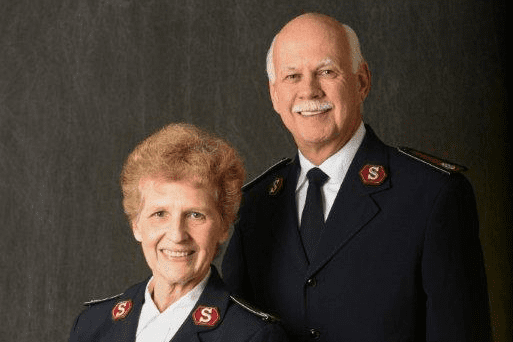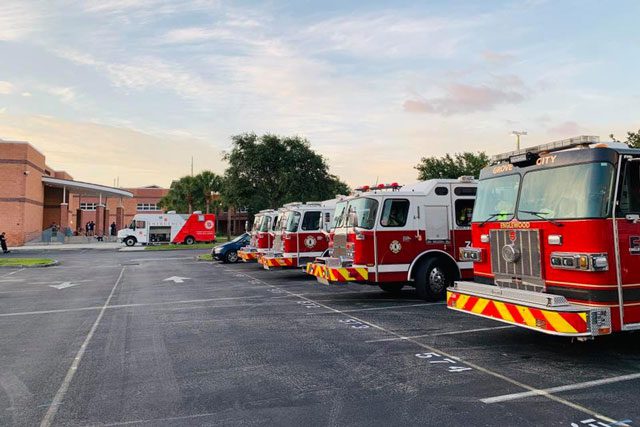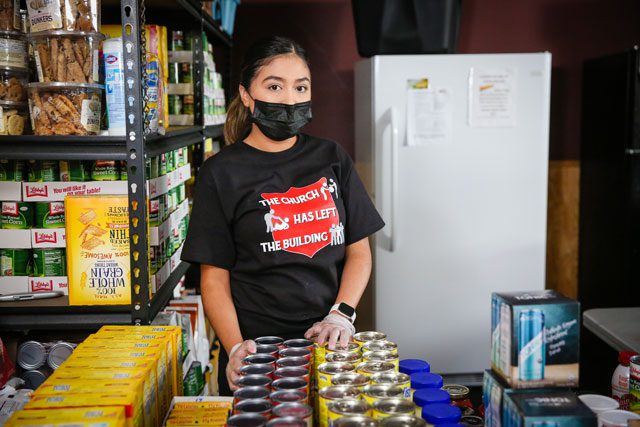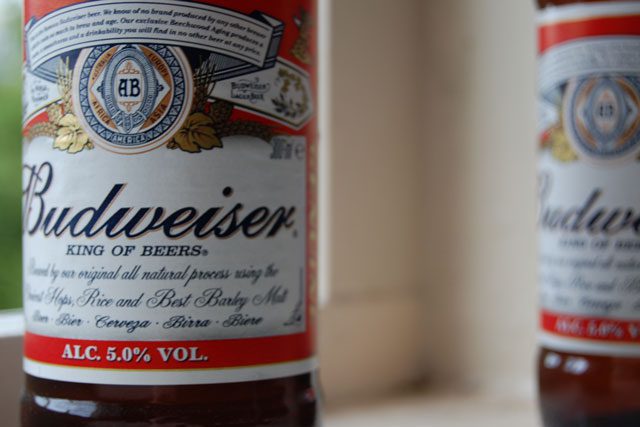Staffers and volunteers braved violent conditions to serve law enforcement personnel, firemen, national guardsmen and private citizens during and after the five-daylong riots.
It wasn’t a pretty sight. A city that many considered a leader in race relations in the 1960s had been torn apart.

Forty-three people died and another 1,189 sustained injuries. Police made some 7,200 arrests, as over 2,500 were stores looted or burned and 388 families were left homeless or displaced. The total economic damage was estimated as high as $45 million.
And that was all in a matter of five days.
Five decades after tension and frustration over police-community relations reached a boiling point in Detroit, Michigan, questions of what we’ve learned and how we’ve changed still linger. But one thing’s certain: few can look back on any part of the 1967 riots nostalgically.
Ray Downing, 80, grew up in Detroit and lived through the chaos of ‘67. It’s not something he normally talks about. He’d rather forget it. Yet, there is one thing that he’s remembered about that week all these years later. It’s more or less etched itself into his mind.

“I’ve found it more satisfying to try to forget the ’67 riots due to what it did to a beloved city,” he said. “I will not forget, however, the kindness and hard work of The Salvation Army…The coffee and sandwiches provided to the fire and police personnel in those ugly days was one bright spot in the whole mess.”
According to a report from The War Cry, roughly 400 Salvation Army officers, soldiers, employees and volunteers logged over 5,200 hours dispensing hundreds of gallons of coffee, thousands of sandwiches, half a million cans of soft drinks plus soup, spaghetti and salads. At the height of the disaster, 39 separate Salvation Army stations distributed food and refreshment to the weary emergency personnel on duty.
Salvation Army canteens operated around the clock for the duration of the State of Emergency, feeding workers and supplying them with necessities such as toothpaste, razor blades, underwear and towels.
Of course, service wasn’t just dangerous for law enforcement and national guardsmen. Getting supplies to the canteens often meant dodging sniper fire. Multiple drivers reported being forced to drop to the floor of their vehicles to avoid being hit by crossfire.
In addition to the canteen, The Salvation Army set up an emergency relief center to help riot victims, many of whom were left homeless. Among the volunteer workers was Grace Sloane Vance, wife of Cyrus Vance, President Lyndon Johnson’s special representative in Detroit.

Brigadier Cecil Briggs, manager of the men’s social service center and coordinating officer of the emergency program, led several members of the media on a tour of the riot-ravaged area after the violence subsided. He pointed with pride to a Red Shield store that stood out like a beacon because the stores on either side were destroyed by fire. The Salvation Army store was untouched.
“The people respect us,” Briggs told The War Cry. “They know we are trying to do a job, to work with them and for them throughout the entire year.”
Major Raymond Carroll, Eastern Michigan Divisional Secretary, reported that scores of “thank you” letters poured in and that hundreds of phone calls had come in from grateful law enforcement personnel, firemen, national guardsmen and private citizens.
“We find ourselves hard pressed for words to express our gratitude to you,” said Inspector Chester Sylvester of the Detroit Police Department in the days after the riots. “We have always held The Salvation Army in the highest esteem, but today more than ever we have come to realize ‘service to man’ is far more than hollow words to The Salvation Army.”
Mark Beltaire, a newspaper columnist, penned a column titled “Hats Off” in dedication to The Salvation Army, and the Detroit Fire Fighters Association put out an ad to pay tribute to “our Salvation Army friends who were there, as they always are when we need them.”
With reporting from The War Cry








